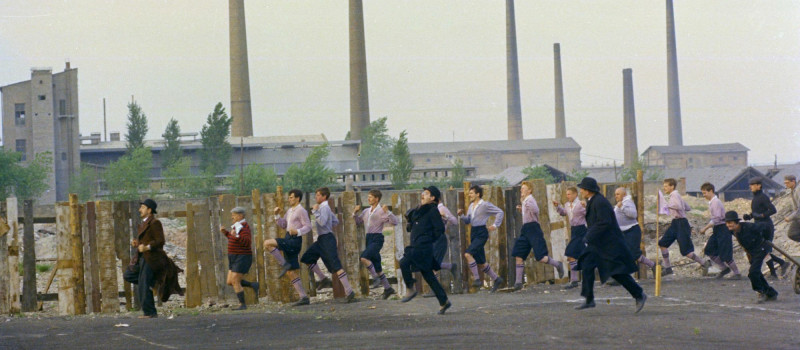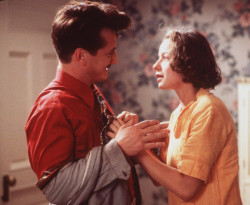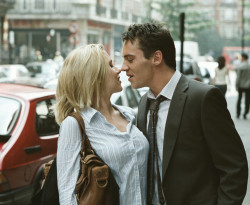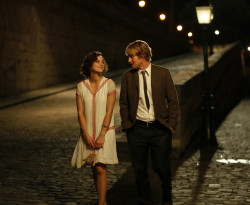
Football of the Good Old Days (Régi idők focija, 1973)
120 years of Hungarian cinema
- Müpacinema
Ticket prices
Thank you for your understanding and cooperation.
The story begins in the year 1924, and the first two and a half minutes are shot as if filmed in that time. A silent film burlesque. Zdenkó Tamássy's score references the cinematic music of the era. The protagonist - played unforgettably by Dezső Garas - moves like the finest actors of silent cinema. The scene - a self-opening door - is burlesque. And though this is clearly a colour film, the colours are dusty, worn, as if they had faded for half a century. A game of styles. Witty, funny, yet also featuring a kind of melancholy - something also found in the films of Chaplin and Buster Keaton.
In Hungarian, without subtitles.
The discussions before and after the screening will be conducted in Hungarian.
Presented by: Müpa Budapest
Featuring:
-
HostJanka Barkóczi
Creator:
-
DirectorPál Sándor
Parking information
We wish to inform you that in the event that Müpa Budapest's underground garage and outdoor car park are operating at full capacity, it is advisable to plan for increased waiting times when you arrive. In order to avoid this, we recommend that you depart for our events in time, so that you you can find the ideal parking spot quickly and smoothly and arrive for our performance in comfort. The Müpa Budapest underground garage gates will be operated by an automatic number plate recognition system. Parking is free of charge for visitors with tickets to any of our paid performances on that given day. The detailed parking policy of Müpa Budapest is available here.
Safe ticket purchase
Dear Visitors, please note that only tickets purchased from the Müpa website and official ticket offices are guaranteed to be valid. To avoid possible inconvenience, we suggest buying tickets to our performances and concerts via the mupa.hu website, the Interticket national network (jegy.hu) or at our official ticket offices.






